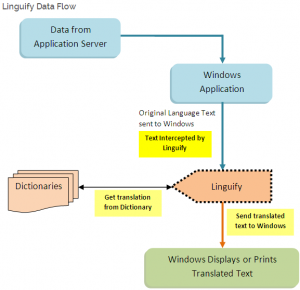Venture Capital firm Nexus VP, with 8 investments in Pune, is not only the VC firm with the largest presence in Pune, but conversely, they also seem to love Pune, with more investments here than any other city, including everyone else’s darling Bangalore.
Recently, Sandeep Singhal wrote this in a tweet:
Pune has the most product oriented culture. With 8 investments plan to spend more time there.
and soon after that, Nexus held an event in Pune showcasing 3 of their portfolio companies. With this much invested in Pune, and more activities planned, we decided to talk to Jishnu Bhattacharjee of Nexus to find out more about their Pune love affair.
How many companies have you invested in Pune? Can you name them?
Currently 8 of our companies have offices in Pune : Pubmatic, Druva, Sedemac, Helpshift, Uniken, and 3 others that will be announced in time
What attracts you to Pune? What would you say about the Pune start-up ecosystem, in comparison with other cities?
We consider Pune as a key technology hub in India. We find very high quality start-ups in Pune. They are either starting up in Pune or are setting up engineering offices here very early on in their life cycle to tap onto the superlative engineering talent in the city.
What are you plans for 2014-15?
We plan to continue / increase our focus in Pune, hope to interact and partner with many more exceptional entrepreneurs in Pune in coming years.
What technologies do you see as most exciting for the next few years?
We expect that exciting startup opportunities will be unearthed at the intersection of different technology trends like mobility, cloud and big data, applied to all facets of life spanning but not limited to health and wellness, education, enterprise IT, retail, home automation, industrial automation, agriculture, etc. That said, rather than being thesis driven, we are fundementally bottoms up investors looking to partner with passionate entrepreneurs who create category defining companies.
What would your top-3 recommendations (advice) be for an entrepreneur?
- Instill the sales DNA in yourself. No matter what your background might be, as an entrepreneur you would always need to sell : to your customers, to your prospective hires and employees, to your investors.
- Always look to hire better than yourselves.
- Less is more. It’s much more important to figure out what features your product should Not have than what features it should have. Start-up that thrives does One thing right and better than anyone else, that addresses one key pain-point felt by a big enough target set of users / customers.
According to you, what is the #1 mistake that most first-time tech startup founders make?
Point #3 above. Tech start up founders have the propensity to start building out the technology / product, without really understanding that key One thing that is needed in their target market, that they have a competitive advantage one. Achieving product – market fit is quite different than developing the technology. Key is focus and saying ‘no’ to features much more than saying ‘yes’.
